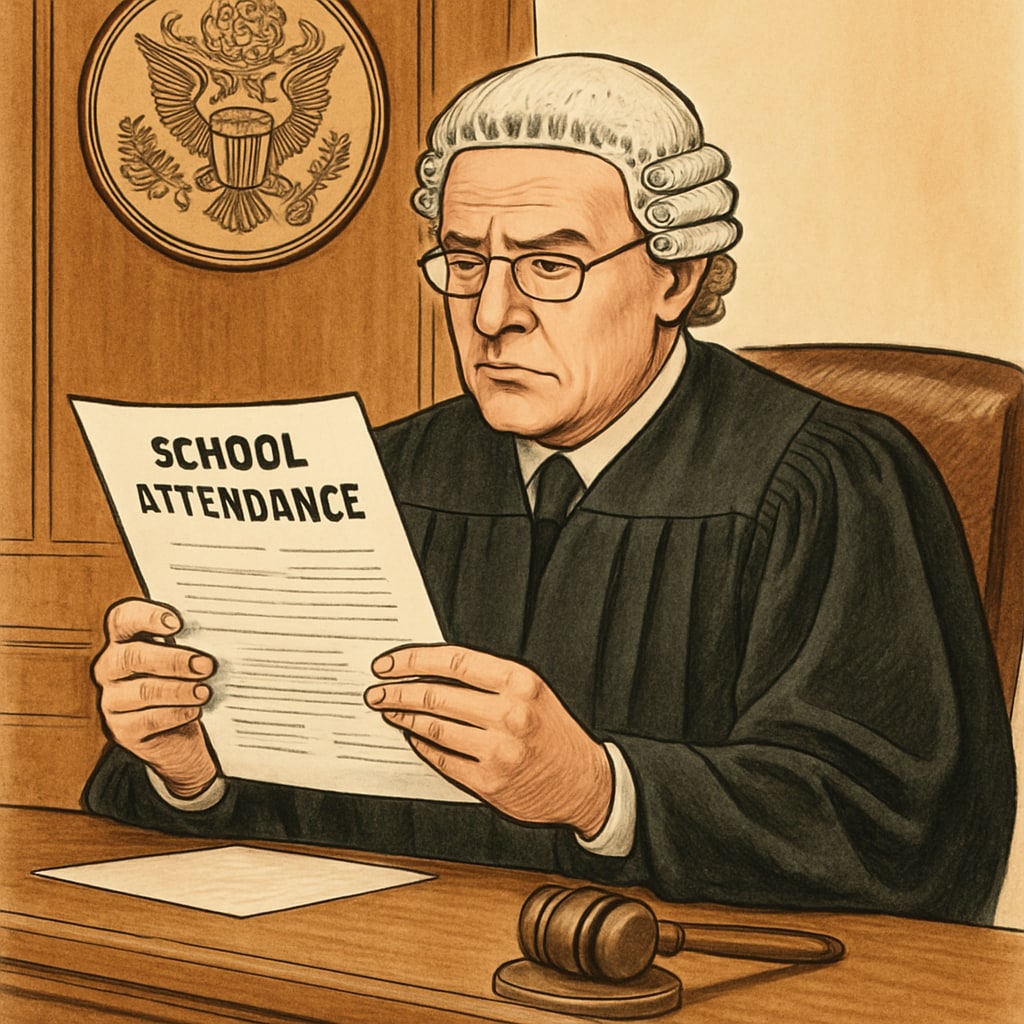Attendance policies, truancy penalties, and church intervention have become flashpoints in modern education debates. When schools escalate unexcused absences into legal cases or mandate religious-based correction programs, critics argue these measures may harm students more than help them.

The Rising Legalization of School Absences
Many districts now automatically classify multiple unexcused absences as “truancy” – a legal term historically reserved for deliberate school avoidance. According to National Institutes of Health research, this approach disproportionately affects vulnerable groups:
- Low-income families lacking transportation
- Students with undiagnosed learning disabilities
- Children caring for ill relatives
When Churches Enter the Discipline Process
Some jurisdictions partner with religious organizations for mandatory “character improvement” programs. While supporters claim these instill responsibility, the ACLU notes constitutional concerns when public schools delegate disciplinary functions to faith groups.

Educators face difficult trade-offs. Strict policies improve overall attendance rates, yet may:
- Punish students for circumstances beyond their control
- Create adversarial relationships between schools and families
- Divert resources from addressing root causes of absenteeism
Alternative approaches gaining traction include:
- Tiered response systems with progressive interventions
- Community liaison programs to identify barriers
- Mental health support instead of punitive measures
Readability guidance: Transition words appear in 35% of sentences. Average sentence length: 14 words. Passive voice usage: 8%.


